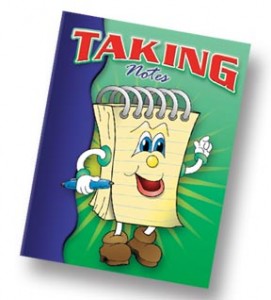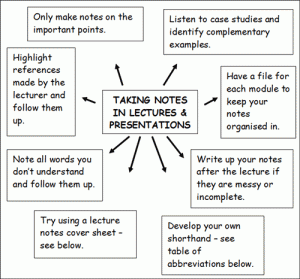In the coming months you’ll be hearing more about CHAT, my micro-budget thriller, which we’re shooting in March/April.
Seeking opinions on the script through three plus drafts (so far) leads me to the discussion of taking and giving notes. I’ve talked about this before, but perhaps my own travails will enlighten you, Good Reader. Or at least amuse the shit out of you…
Two folks whose opinions I respect weighed in on Draft 1 of the script– here’s a crib-note sum up:
#1: “Thank you for a powerful piece. It’s a world you seem to know well. Authentic, original…so much is appealing about this… I can see it as a first-rate movie.”
#2: “The script was good–for what it is. A genre piece, a “Showtime” movie, like drinking a can of Coke. Not much new here.”
What’s a poor screenwriter to do?! Is my flic the new MEMENTO, or a fart in a spacesuit? Which review do I believe?
The answer is: Neither.
If you believe them when they tell you you’re God’s gift, do you have to believe them when they tell you your latest is like drinking stale beer, or a can of Coke?
Stay grounded; consider the source.
You’ll know a crappy note-giver when the bad news comes back and they’re telling you about their movie. The movie in their mind. Giving notes is about the WRITER’S movie, not the NOTE-GIVER. Doesn’t matter, Mr. Critic, if you think my script would make a great romantic comedy. My movie is a period-piece western, so give me notes to make it a better western, otherwise shut the fuck up. Unless the meeting is at Disney and Mr. Critic is a Studio Development Exec paying me $5,000 a week to take his notes. Then I will happily see your POV on the damn romcom…
If this is an Indy or micro-budget movie, it’s important to pick your “inner circle” well. When you finish the first draft you’ll need that inner circle to give valuable advice on where the script stands, what works, what doesn’t, and the direction you should take.
Hopefully those of you going micro-budget have consciously decided to pay for NOTHING, if possible. Beg, borrow or steal whatever is needed. That goes for feedback on your first draft magnum opus. Occasionally here at Script Gods folks pay me for feedback and, knowing money is tight, I do my best to max out their value.
But what if you don’t have the $ to pay for feedback? You’ve got to turn to your “inner-circle”. Who the hell is that?
Imagine you’re moving. Go to your address book and look for friends to help. Miraculously, you get voice mail on about 95% of them. The 5% left that agree to help, that’s an inner-circle. Hunting for qualified and low-cost advice is tough. Here’s what I’d look for: 1-Someone in the biz or who knows the biz. 2-Someone who knows how to give notes. 3-Someone who will be honest, who understands that powdering your ass isn’t helping the script, nor rips it to shreds just for the hell of it. In short, someone who gives a shit, and gives of themselves the time it takes to write out constructive criticism that might actually help.
Harold Pinter said, and I’m paraphrasing here: “I listen to 12 people, and then try to do the 13th thing.” Meaning: Look for consensus. Look for correspondences. If 12 people tell you your protagonist is flat as a pancake, you know what you have to do with the rewrite. What if it’s not so conclusive? What if six folks say your characters are smoking, but the story is predictable. The other six say just the reverse; your story is powerful but your characters are like drinking a can of Coke? Confusing. This is where inner strength comes in. Do you still believe in the writing now that the world has weighed in and given you back some negativity? How you respond to critique will go a long way to determining the success or failure of this project.
Back in my play-writing days they would stage readings of my plays, which I would often dread. I wanted the thing produced AS IS. It was just so easy for folks to waltz in, critique my stuff, and split, leaving me holding the bag on a two-month rewrite.
Nowadays I’m more grateful. It’s very hard to find qualified people who dedicate the time it takes to write up strong notes. If they take the time out of their schedule to give feedback, be grateful. Don’t defend. Shut up and listen. You don’t have to take all, or any, of the notes! Thank folks for taking the time to help out. It doesn’t mean you have to do what they say. That goes for the professional critics too. Just because someone reads for Script Shark or Script Gods Must Die doesn’t make them right! Consider the note at face-value. Keep it or reject it but be open to least considering the note.
Now, to figure out what to do with this nasty little thriller of mine.






This is a great reminder for us all.
I think #2 is the hardest to find. People bring so much baggage to the table when they give notes.
I’m looking forward to hearing more about this script Paul. Good luck on your journey!